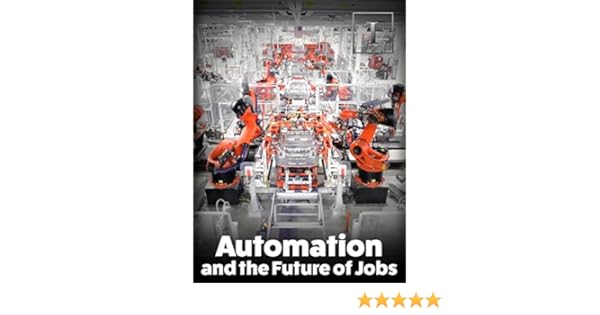KaiserJeep wrote:No, our economic system was never "designed". Capitalism is the natural result of primate behaviors plus the intelligence of humans. Our genes are insisting that we consume more and more, that we have a place where only our tribe or family group exists, and that we mature males have a harem of females. Civilization, agriculture, medicine, money, and marriage/divorce/etc. are the human conventions we use to prevent a constant state of ape warfare and cannibalism.
More properly, they WERE the conventions that applied before automation, especially that automation driven by digital electronics, made human labor obsolete. Now here we are in the 21st century, with all those ape instincts intact, no real way to change those behaviors that are inspired by evolution, simply excess humanity with no more purpose.
The take away message is that the vast majority of humans today will never even grapple with these concepts, as they are too busy trying to find food, water, and shelter, just like the majority of the 7.5 Billion human contemporaries. The Kudzu Apes, who are unsustainable in any numbers exceeding about a billion worldwide.
Once you have figured out that we are so screwed by our ape natures, one thing you might do is get a bunch of guns, go up some where high, and reduce the excess humans by firing into the crowd below. Don't forget to shoot yourself before the SWAT guys do it for you, you have to be sure.
I was going to say something about purpose, and how gambling only provides an illusion of that. Gamblers often cite their wins as an affirmation of sorts, but subsume their losses to a type of forgetfulness. In that way they try to ascribe purpose to their ability to dominate, or control through some kind of magical thinking about how their luck isn't luck, but proof that the universe is under their thumb. The Vegas shooter loved to gamble, I understand. You beat me to it.
I've had some arguments with a few people here regarding my assertion that businesses are not in business strictly to make money, but to provide a good or a service in order to meet demand. If they can do that in a way where they can control costs, then they can make a profit. If they can't, then they usually go out of business. The gist of it is that there is purpose to providing a good or a service in order to meet demand for it. There isn't much purpose to simply making money.
Purpose is central to what will happen under AI. Specifically, in order to influence those for whom their will be any meaning, it will apply more and more to the top. It's fashionable to shed a lot of tears for those killed in mass shootings, as if you knew any of the people killed. It's also fashionable to shed a lot of tears for workers, who are inherently part of the cost control that must take place for any business to stay in business. Workers don't provide purpose. Victims don't either. What they can do, under the right circumstances, is point out the lack of purpose, however.
There is a real danger here, and it pertains to how in an economy where so much economic success is predicated upon mass consumption there is a trend directly aimed at destroying the economic status of the mass of consumers, who are largely workers. In mythology this would be the image of the snake eating its own tail, upon which the world is founded. Maybe it has ever been thus? Somebody once said, "The love of money is the root of all evil." What AI may do is make humanity eat this apple until it pukes. Fortunately, there is a way out. It doesn't involve us all embracing ludditism, or the government stepping in and guaranteeing a basic income. What you have to do is change the nature of ownership, so as to break up the ownership of purpose, giving it over a la rock, paper, scissors to groups of people who do not share common orientations toward life, such that their inherent purposes will be variously different.







